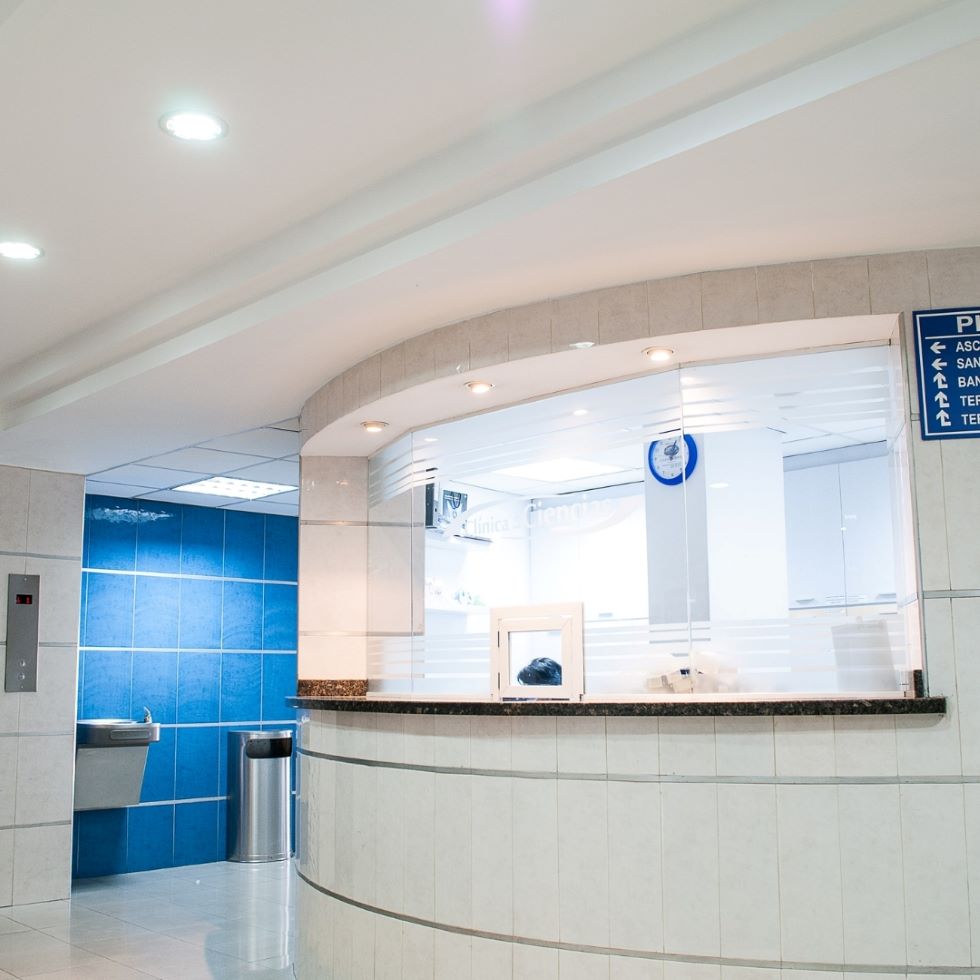We’ve spoken before about the many reasons why becoming a medical receptionist is one of the best careers in Australia. With the healthcare sector projected to employ more than 1.9 million people by 2024, you could be filling this lucrative and important gap in the industry’s infrastructure, with little upfront cost to yourself. Compared with years of school & higher education, medical reception requires much less personal sacrifice than other roles in medicine, while still offering a rewarding, supportive and important role within this vital area.
But what qualifications do you need to become a medical receptionist? And what can help you stand out from the pack for this competitive role? We are here to help you find out!
First off, let’s discuss what the role entails.
What does a medical receptionist do?
A medical receptionist ensures the smooth running and efficient operation of any medical practice. A vital role within any healthcare team, they are the bridge between patients and the care they seek. Doctors, nurses and other medical administration staff members rely on medical receptionists to help them schedule appointments and offer appropriate levels of care to their patients.
Day to day responsibilities include:
- Welcoming patients and visitors
- Corresponding all types of communication with the practice, over telephone and email
- Scheduling appointments and keeping an efficient diary for practitioners and staff
- Assisting patients with completing necessary forms & documentation, and conveying any assistance needs they may have in a professional and discreet manner
- Keeping a clean & welcoming reception area
- Processing billing and payments, using correct medical software
- Faxing, scanning, filing, and mailing documentation as needed
- Comforting distressed patients, or reassuring nervous visitors
What is the average salary of a medical receptionist?
The average salary of a medical receptionist in Australia is between $50,000 – $60,000 a year, depending on past experience & the size of the practice. An experienced receptionist working in a large busy practice could earn up to $70,000 a year.
What qualifications do I need to become a medical receptionist?
If you are intrigued about the possibility of becoming a medical receptionist, you will be excited to hear that no formal qualifications are required to start this role.
However, due to it’s excellent pay and accessible entryway – roles can be competitive. Especially at high level clinics that expect the very best in efficiency, customer service and executive management. Employers are looking for a mix of technical and interpersonal skills when they are hiring for these popular roles.
For this reason, short business courses or any prior knowledge of medical terminology are a highly desirable addition to anyone looking to bolster their medical reception CV. As are a range of soft skills that compliment the client facing nature of a clinic setup.
Technical Skills:
Because of these desired traits, we created our medical reception course to equip you with all the highly relevant skills you need to excel in this role.
Specifically designed by industry insiders, we teach you about both general reception responsibilities & medical and pharmaceutical terminology. Including phone customer service and data entry, the scope of medical practice treatments & computer processing. This knowledge offers you the technical prowess and medical know-how to impress in your interview.
Soft Skills:
As well as excelling in efficiency & knowledge, a receptionist must be able to employ soft skills to create a reassuring and welcoming environment for patients. Given a receptionist is usually the first point of contact for a medical office, they must employ excellent customer service skills and represent their other staff as well as possible. That’s why our medical reception course contains modules on interpersonal communication, to help you achieve an exceptional standard of professionalism, attention to detail & the ability to identify a patient’s needs.
This important combination of technical and soft skills will put you in good stead to develop a strong foundation of the industry, and elevate your expertise above others looking for entry level employment in this highly competitive profession.
The Round Up:
Given the industry’s rapid growth, the future is bright for those working in the medical field. As a recession-proof & pandemic-proof career choice, it’s a robust and rewarding way to help others in need. A career as a medical receptionist can also be incredibly flexible, with many choosing to work part-time or as shift workers, to allow them to continue their further studies in medicine or spend time with their families.
If this sounds like the ideal career for you, why not talk to one of our friendly team members, who can guide you through the course brochure & help you sign up today – so your future can begin as soon as possible! With our online courses you can always expect affordable payment plans, flexible 24/7 learning options and full tutor support. So you are sure to be on the right track.





